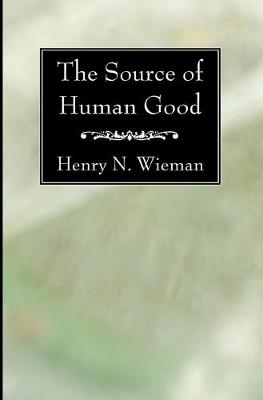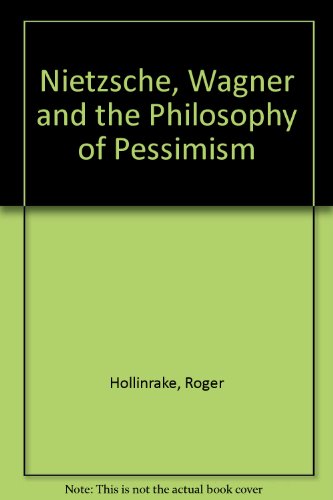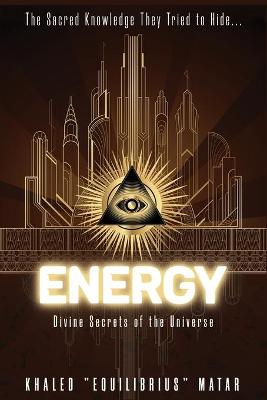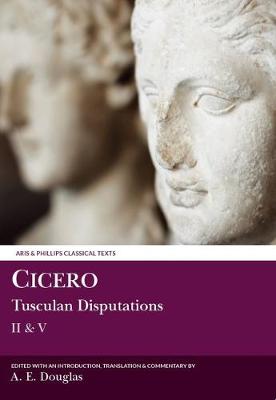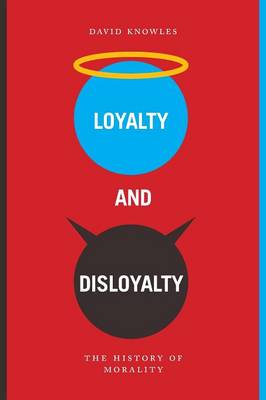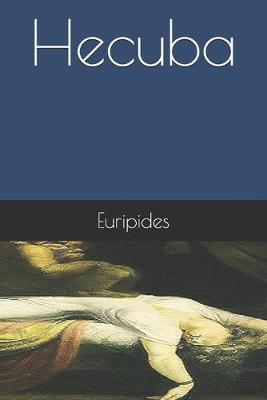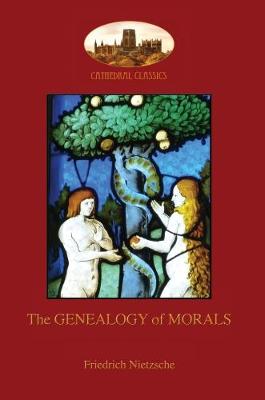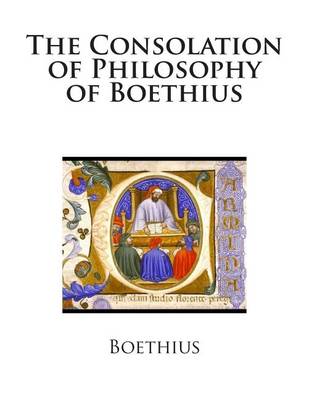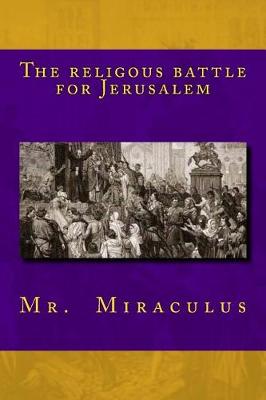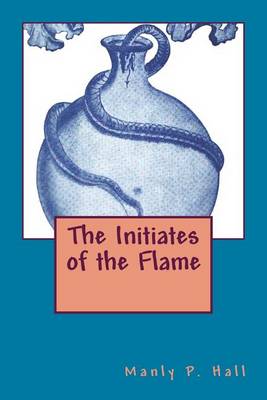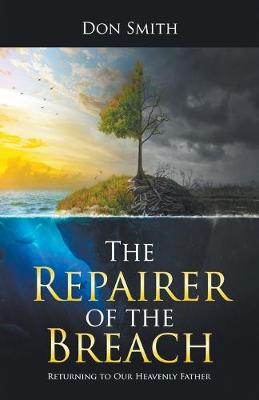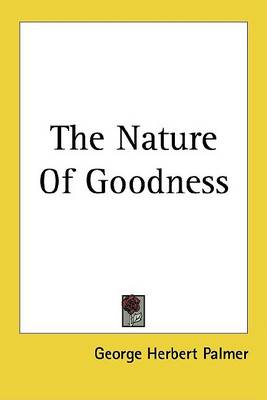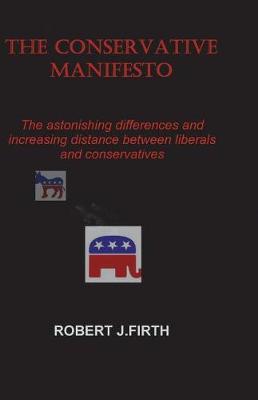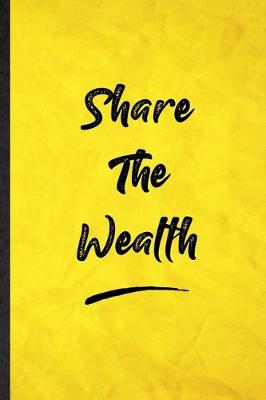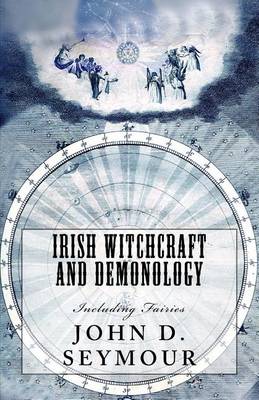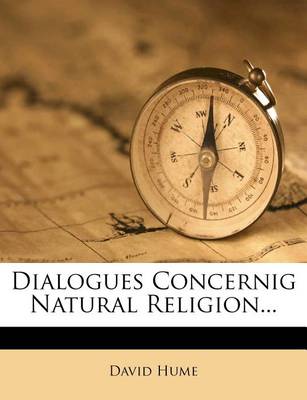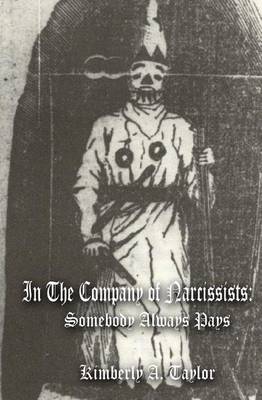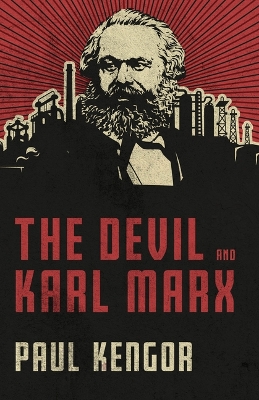The Source of Human Good (AAR Texts & Translations S.)
by Henry N Wieman
This is a facsimile edition of a 1946 work of the American pragmatic theologian Henry Nelson Wieman (1884-1975). For Wieman, science and technology represent great power for good and evil, and they must be directed toward the service of that force which creates, sustains, and fulfills human life. But as long as this force is portrayed in supernaturalist terms, as the God who is wholly transcendent of the world, its actual operation in human life is beyond the reach of inquiry. For science to ser...
Nietzsche's relationship with Wagner has long been a source of controversy and has given rise to a number of important studies, including this major breakthrough in Nietzsche scholarship, first published in 1982. In this work Hollinrake contends that the nature and extent of the anti-Wagnerian pastiche and polemic in Thus Spake Zarathustra is arguably the most important factor in the association between the two. Thus Wagner, as the purveyor of a particular brand of Schopenhauerian pessimism, is...
13 Billion years ago, God propelled the universe into existence from seemingly nothing. An invisible, subatomic phenomenon known as energy became the foundational building block of everything, we know to exist in our universe today, creating a seamlessly dynamic ecosystem of ions, matter, and ethereal entities, with planet earth taking center stage in this profound universe. This creates an awe-inspiring structure where all universal components interact symbiotically, creating a realm of endless...
Cicero: Tusculan Disputations II & V (Aris & Phillips Classical Texts)
The Fifth Tusculan Disputation is the finest of the five books, its nearest rival being the First (also edited in this series). The middle three books, represented in this edition by the Second, are, as the author clearly intended, less elevated, though still showing Cicero's flair for elegant and lively exposition, and providing much valuable information about the teaching of the main Hellenistic philosophical schools, especially the Stoics. They argue that the perfect human life, or complete h...
Imagine yourself transported to live with an early human hunter-gatherer group of 100 or so individuals, back about 250,000 years ago. Think of them as similar to one of the few forager societies still in existence today. As a basis for this exercise, it will do for now. Can you see any reason why human actions and emotional reactions to those around them in the group were likely to be fundamentally different then to our relationships now? No, me neither, and so you and I should fit in there pre...
Hecuba (The Greek Tragedy in New Translations) (BCP Greek Texts)
by Euripides
Also available in paperback. Please see page 00 for a full description.
...by so intelligently and often penetratingly discussing patterns of language, Bond contributes much to the interpretation of this deeply disturbing and moving play.'___ The Times Educational Supplement .
The book called The Consolation of Philosophy was throughout the Middle Ages, and down to the beginnings of the modern epoch in the sixteenth century, the scholars familiar companion. Few books have exercised a wider influence in their time. It has been translated into every European tongue, and into English nearly a dozen times, from King Alfreds paraphrase to the translations of Lord Preston, Causton, Ridpath, and Duncan, in the eighteenth century.
This volume contains papers that represent Leibniz's early thoughts on the problem of evil, centering on a dialogue, the Confessio philosophi, in which he formulates a general account of God's relation to sin and evil that becomes a fixture in his thinking. How can God be understood to be the ultimate cause, asks Leibniz, without God being considered as the author of sin, a conclusion incompatible with God's holiness? Leibniz's attempts to justify the way of God to humans lead him to deep d...
